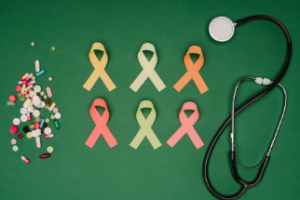
Why Small Changes in the Body Might Signal Early Warning Signs of Cancer
In daily life, we often overlook the subtle messages our bodies send us — fatigue, changes in skin color, slower wound healing, or sudden shifts in weight. These may seem like “minor issues,” but sometimes they are the body’s way of reminding us that something deeper is happening — that our cells are under stress or beginning to behave abnormally. Many cancers do not cause pain in their early stages, so learning to recognize these subtle signs can be the key to prevention and early detection.









